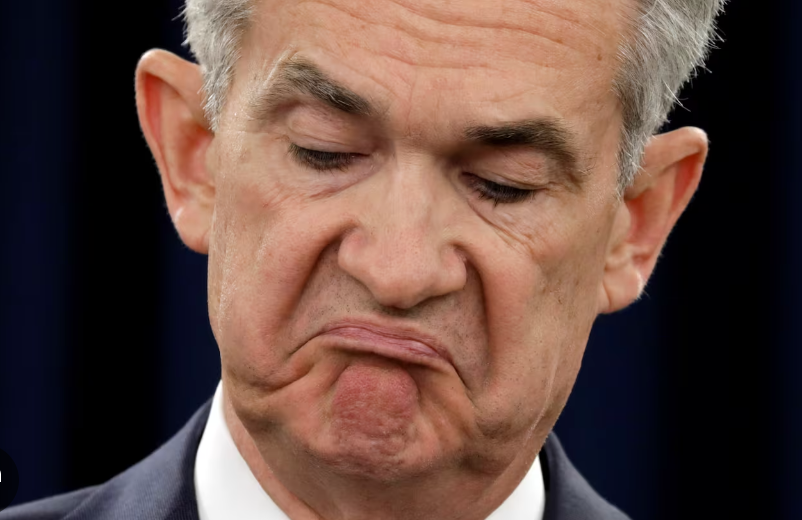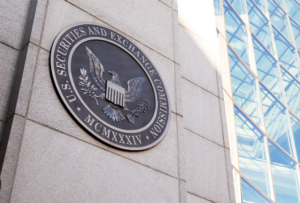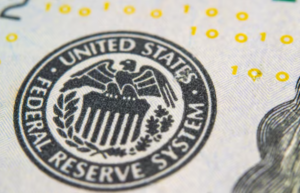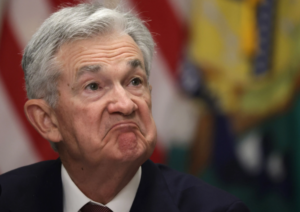#Turkey #inflation #economy #centralbank #financialpolicy #monetarytightening #economicconcerns #consumerprices
Turkey’s annual consumer price inflation reached a staggering 67% in February, marking a significant uptick that has sparked widespread concern among investors, economists, and the general public alike. This sharp rise in inflation rates underscores the ongoing economic challenges facing Turkey, as it grapples with the implications of its monetary policy decisions and their impact on everyday consumers. The situation has put considerable pressure on the central bank of Turkey, leading to speculation that it may need to reconsider its current stance and potentially move towards tightening monetary policy to curb inflationary pressures.
The central bank’s approach to monetary policy has been closely watched by both domestic and international observers. In the past, the bank has implemented a series of rate cuts in a bid to stimulate growth. However, these measures have also been blamed for exacerbating inflationary trends, creating a complex dilemma for policymakers. The fear is that without a shift towards tighter monetary controls, inflation could spiral even further out of control, eroding purchasing power and potentially destabilizing the economy. The central bank is thus facing a critical juncture, where the decisions it makes in the near term could have long-lasting implications for Turkey’s economic stability and growth prospects.
The situation is also reflective of broader global challenges, as many countries contend with the delicate balancing act of stimulating economic recovery while also keeping inflation in check. In the case of Turkey, the high inflation rate not only poses immediate concerns for consumers – who are seeing the cost of living rise sharply – but also raises alarm bells for potential investors and the international community. The path forward for Turkey’s central bank will require careful consideration of the diverse and often competing factors at play, including the need to support economic growth, maintain financial stability, and protect the purchasing power of its citizens. As the situation develops, it will be crucial to monitor the bank’s policy decisions and their effectiveness in addressing one of the most pressing economic challenges facing the country today.







Comments are closed.